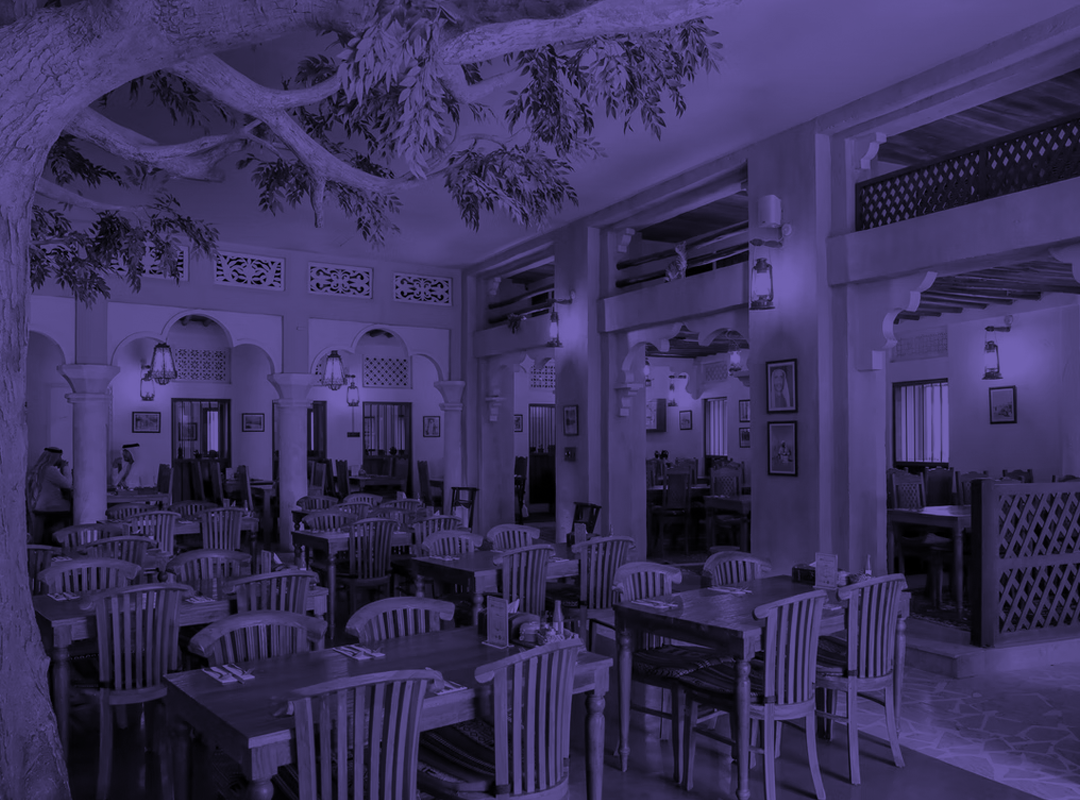Securing authorization to open a restaurant in Dubai is a mandatory step before operations can officially commence. The process exists to confirm that the establishment meets established requirements in areas such as hygiene, safety, and business regulation. Familiarity with how this system functions is crucial for anyone planning to launch a food service outlet that operates within legal boundaries and maintains long-term stability.
Running a restaurant in Dubai on a legal basis requires meeting two fundamental regulatory conditions set by local government entities.
First, restaurant owners must hold a commercial activity license obtained through the Department of Economic Development (DED). This document provides formal recognition for conducting business operations within Dubai. The typical cost falls between AED 10,000 and AED 12,000, and the license remains valid for 12 months, with annual renewal allowed.
Second, operators need to secure municipal approval that addresses sanitation and food handling standards. Known as the Food Establishment Certificate, this approval involves submitting layout diagrams of the kitchen area, medical test results for staff, and technical specifications of installed appliances. Its purpose is to verify that all food-related workflows meet recognized international hygiene protocols.
Additional authorizations may be required based on the type of services your restaurant intends to provide:
- To serve alcoholic drinks on the premises, approval must be obtained from Dubai’s Tourism and Commerce Marketing department (DTCM) in the form of a dedicated alcohol service license.
- Menus that include pork items require a special handling permit specific to those products.
- Offering catering services outside your main location involves acquiring a catering operations license.
- If your business model revolves around takeaway or home delivery, a separate takeaway authorization is needed.
- For restaurants planning to operate from mobile units, such as food trucks, a mobility-based food service license must be secured.
Key Points
Initial costs include licensing fees, sponsorship payments, staff registration, and rental obligations. Submitting a complete document package will help speed up the licensing process. It’s important to evaluate your competitors, understand your customer base, and calculate business feasibility. A well-selected location directly affects customer traffic and overall profitability. Kitchens must meet hygiene, fire safety, and ventilation standards. A strong business plan increases your chances of securing funding. Staying up to date with regulatory changes helps avoid penalties and compliance issues.
To begin the licensing process in Dubai, restaurant owners must first define their concept—be it fine dining, a fast-food counter, or a casual coffee spot. This is followed by preparing a complete business outline, which should include financial details, promotional strategies, and how the restaurant will operate daily.
Choosing a convenient and visible location is equally important, as it affects foot traffic and customer access. Before moving forward, applicants need to compile personal identification, tenancy agreements, and technical layouts of the kitchen.
These materials are then submitted to local authorities—either the Dubai Municipality or the DED—for evaluation. Additional permissions may be required from safety and health-related departments. Applicable government fees are determined based on the size and type of the establishment. A physical review of the premises typically concludes the process, ensuring that all conditions have been met before the license is granted.
Launching a restaurant in Dubai combines great potential with notable challenges. The city’s vibrant business landscape is full of opportunities, but long-term success requires careful preparation, full regulatory compliance, and an insightful grasp of consumer behavior in the local environment. When these elements align, entrepreneurs have a strong chance of building restaurants that appeal to a wide range of customers.


